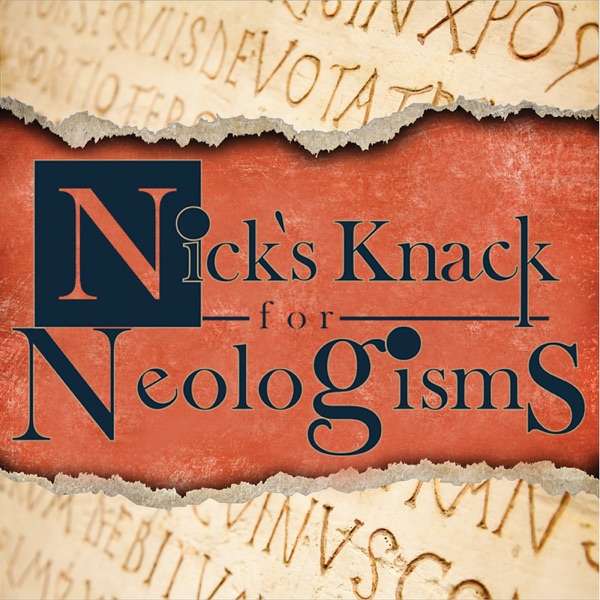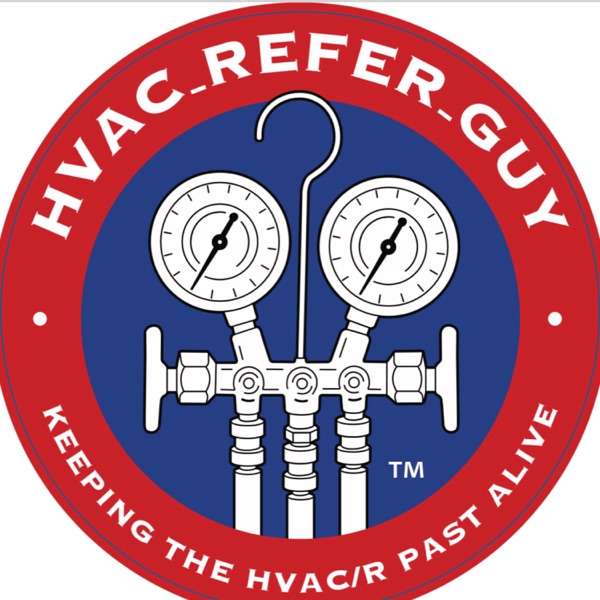// SENTIRE
WordReference lists it as meaning:
— To taste
— To feel
— To hear
— To smell
And you might be confused because you know that "ascoltare" can mean "to hear / to listen," too.
Verbs in Italian can have so many different meanings, so the entire goal of this article is to help you identify which ones you have to know in order to have fluid + enjoyable conversations in Italian.
Ways to Use the Verb "Sentire"
Here are examples and explanations for each of the definitions.
To taste
— Hai sentito? Io lo adoro!! – Did you taste it? I adore it!!
(The above line is a snippet from a dialogue at an olive oil tasting. Check it out here.)
— Fammi sentire quel cocktail. – Let me taste that cocktail.
What's the difference between "sentire" and "assaggiare – to sample / to taste" in this sense? There's no difference! They're perfect synonyms. YAY for simplicity.
To feel
— Hai sentito quel terremoto ieri mattina? – Did you feel the earthquake yesterday morning?
— Sento la mancanza dell'Italia.* – I miss Italy.
— Sento caldo. – I feel hot.
— Faceva così freddo che non sentivo più la faccia. – It was so cold that I couldn't feel my face anymore.
— Senti la morbidezza di questa maglia. – Feel how soft this shirt is.
If you're wondering how to say the "I feel…" like "I feel sick," then you want to use "sentirsi," which is a reflexive verb. You can learn more about reflexive verbs here.
*An easier way to say this would be "Mi manca l'Italia," using the verb "mancare," but I wrote it that way just to show that it's possible.
To hear
— Hai sentito quel rumore? – Did you hear that noise?
— Ho sentito dire che Bologna è una città fantastica. – I heard that Bologna is a fantastic city.
— Prontooooo?! Mi senti? – Helllloooo?! Can you hear me?
— È una buona idea sentire l'avvocato. – It's a good idea to consult / listen to a lawyer.
What's the difference between "sentire" and "ascoltare – to listen / to hear" in this sense?
When you're saying something like "Senti, volevo dirti una cosa – Listen, I wanted to tell you something," you can use "ascoltare" instead. However, "sentire" is more commonly used these days.
Also, "ascoltare" is used more often to talk about giving attention to something, like "ascoltare la musica – to listen to music" or "ascoltare ad un discorso – to listen to a conversation / argument."
Common phrases
— Ci sentiamo presto. – We'll hear from each other soon.
— Senti (informal) / senta (formal)… – Listen…
To smell
— Senti quest' odore? È la pizza più buona della città. – Do you smell this (scent)? It's the best pizza in the city.
— Dopo che ho sentito quel profumo, l'ho comprato immediatamente. Si Sente l'odore del miele! – After I smelled that perfume, I bought it right away. It smells like honey!
// TROVARE
While the verb "trovare" is often taught as "to find," don't let that one-shade definition fool you. Just like in English, the verbs in Italian do more than one job. (Aren't we so lucky?)
I've talked before about how many nuances verbs like "perdere – to lose," "mancare – to miss," and "fare – to do / to make" have. Now I want to tackle "trovare," because I think it adds a more conversational tone when you can use it just like Italians do.
So, here are 3 ways to use "trovare" in Italian.
How to Use "Trovare" in Italian
1) Come hai trovato Bologna? – What'd you think of Bologna?
And if I were being asked that question, I would answer: L'ho trovata bellissima! – I thought it was beautiful.
CPF: "Trovato" ends in an -a, instead of an -o, because all cities are considered feminine in Italian. Take that, patriarchy.
Other examples:
— Come trovi il corso d'italiano? – What do you think of your Italian course?
— Lo trovo molto molto moltooooo difficile… però mi piace. – I'm finding it really really reallyyyyy difficult… but I like it.
— Trovo che Maria sia una persona davvero educata. – I think Maria is really a good-mannered person.
Include usbjunctive mood article
2) Fatti trovare pronto. – Make sure you're ready (to go).
Here I'm using the phrase "farsi trovare," which can be defined here as a more demanding version of "to be."
Other examples:
— Fatti trovare là alle sette. – Be there at 7.
— Giulia e la sua amica si faranno trovare pronte per le sette. – Giulia and her friend will be ready at 7 pm.
— Puoi darmi dei consigli per farmi trovare più facilmente sui social network? – Can you give me some advice to make people search more easily for my page on social networks?
— Ti farò trovare una cenetta deliziosa al tuo rientro! – I'm going to prepare for you a delicious dinner by the time you'll be home.
3) Vado a trovare mio nonno. – I'm going to visit my grandfather.
In this situation, "trovare" is meant as "to visit." Unlike in English, Italians wouldn't use the verb "visitare – to visit" to talk about people. They only use it when talking about places, like "Ho visitato il duomo a Firenze! – I visited the Duomo in Florence!"
Special thanks to The Creative Impostor Studios for producing this show, to Patreon supporters for helping fund the show, and to the lovely Timarie Harrison for putting all of the pieces together. It takes a village.
LINKS I MENTIONED:
Like the podcast? Leave a review in Apple Podcasts!
If you like the podcast, I would appreciate it a TON if you left a review. You can hit a star rating in your Podcasts app on your iPhone or go to the iTunes store and click Leave a Review on the show page.

 Our TOPPODCAST Picks
Our TOPPODCAST Picks  Stay Connected
Stay Connected







